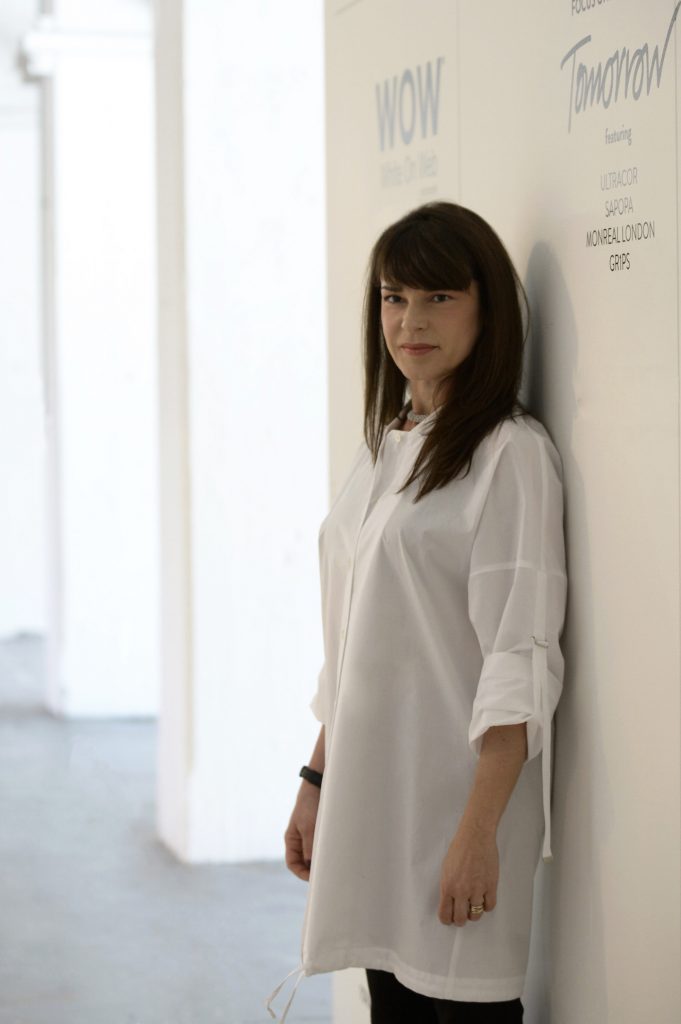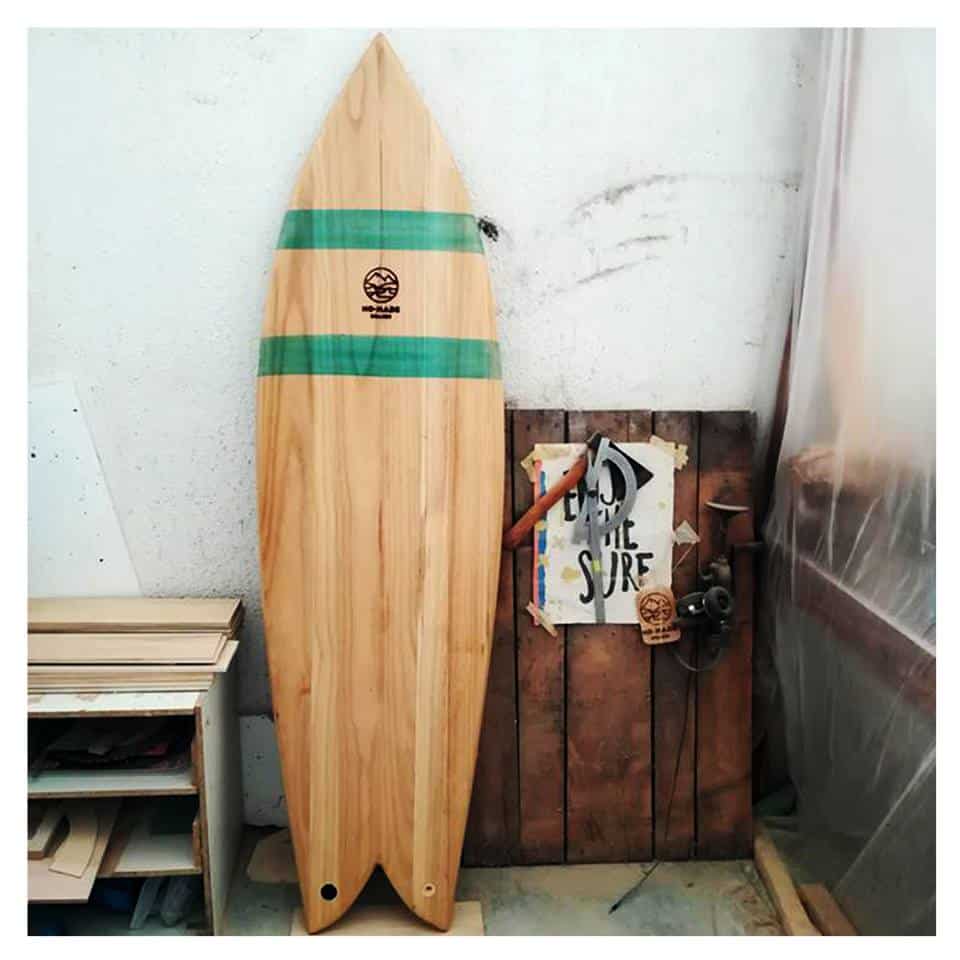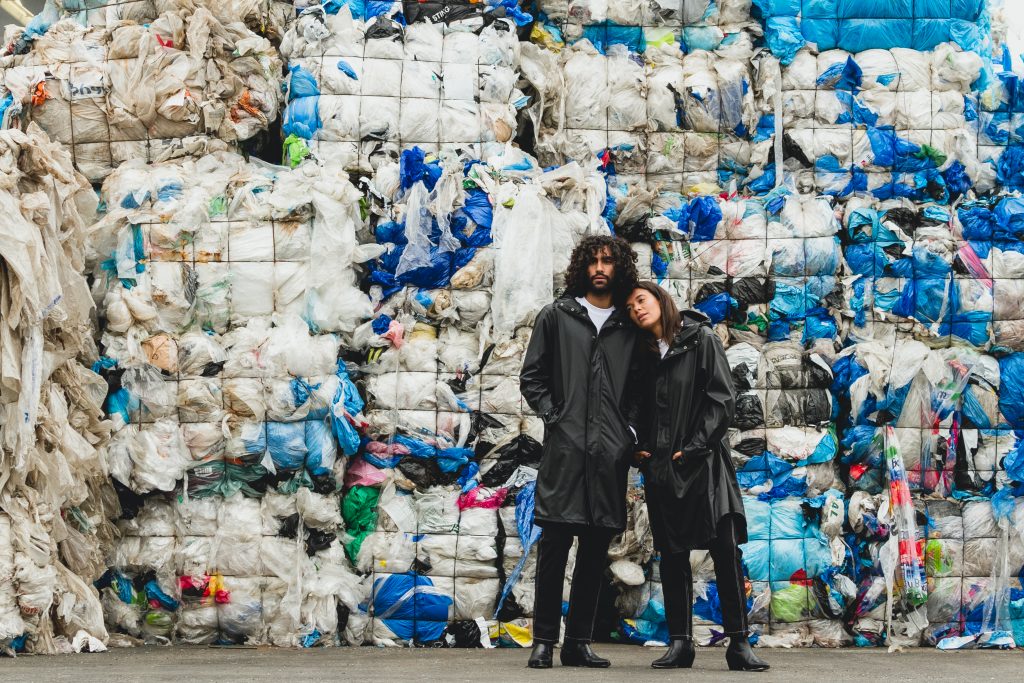WHITE STREET MARKET FOCUSES ON SUSTAINABILITY IN FASHION FOR ITS SECOND EDITION IN MILAN


During Milan’s Menswear Fashion Week from June 15th to 17th in Via Tortona fashion district, White Street Market (WSM) opened its doors to fashion insiders and to the public. In the wake of the success of the January 2019 edition, White launched the second step of the evolution of the Italian trade show in collaboration with Confartigianato Imprese and thanks to the support of the Ministry for Economic Development and ITA Italian Trade Agency.
WSM, which spaned 10,000 square-meters of exhibition space, boasted over 50 activities, twice as much compared to January 2019, including event presentations, workshops, and 14 talks.
Among the brands, Converse, Foot Locker, Fila, Vivienne Westwood, Freitag and Candiani Denim are worthy of mention as well as fashion labels like Wråd, Movitra, Vanta Design Studio, Fantabody, Human with attitude, Venividivici, Simon Cracker, Ottomondi, and Enclave Monarchy, to mention a few.
The new format embraced cutting-edge brands, small and medium-sized artisan businesses, and well-established and eminent fashion maisons. They all represent the strength of the project by bringing together brands and top international buyers.
The goal of the project is to enhance Milan’s role in the international fashion week scene, and to respond competitively to the other fashion capitals.
WSM also supports the sustainable development goals adopted by the world leaders of the United Nations, through an educational and cultural project promoted by the Pistoletto Foundation – Cittadellarte and the brands from the platform Fashion B.E.S.T.
At WSM a series of documentaries and workshops focused on surfing and the connection this sport has with sustainability, thanks to brand No-Made Boards and Trash Surfboards. François Jaubert, founder of Trash Surfboards, has been at the forefront of green innovation and has developed a concept based on products and recycled materials for a more creative and sustainable surfing industry. WSM staged a workshop on surfboards made from recycled cardboards. Italian No-Made Boards hosted an artisan shaping room, in which wooden surf boards are made, and Surfrider Foundation, which is dedicated to the safeguard of the world’s oceans and shores, presented to further connect the link between sports, nature, and sustainability.

Here, we speak briefly to Brenda Bellei Bizzi, CEO and co-founder of WHITE Milano about the event.
MR: So, what’s so special about this trade show?
Brenda: First of all, it’s international: about half Italian brands and half from other countries. Second, it’s not a typical predictable trade show: we change the layout every season so buyers won’t get bored. We show in a historic, industrial space in Milan’s fashion district that allows us to be creative. Special spaces this season include the Basement, the Villa, and Studio, each expressing a different mood and a unique product mix. Buyers are looking for new trends and innovative brands and that’s what we make sure to give them!
MR: Aren’t all trade shows designed to give retailers newness?
Brenda: Our success secret is our scouting. We travel around the world seeking out the most exciting exhibitors and new collaborations; we also spend time with retailers learning what they hope to find at the show. What’s more, White is not just for the trade; it’s designed to encourage dialog between buyers, brands, and consumers. So, the mornings are for trade but the afternoons are open to consumers–both men and women are welcome as much of the fashion is gender fluid. And our brands are even interested in working with design students
MR: I understand there’s a sustainability focus: is this a separate section of the show?
Brenda: No, we didn’t want to do it that way. Instead, we had each of our exhibitors fill out a form describing what they’re doing at their company to make their products more sustainable. We wanted to make it a prerequisite that all our companies are at least trying to improve. Unfortunately, to get consumers on board, the industry needs to reach a level where their efforts are not adding to the cost of the product. Because it’s not just a passing trend; it’s a matter of survival, of saving our planet.









